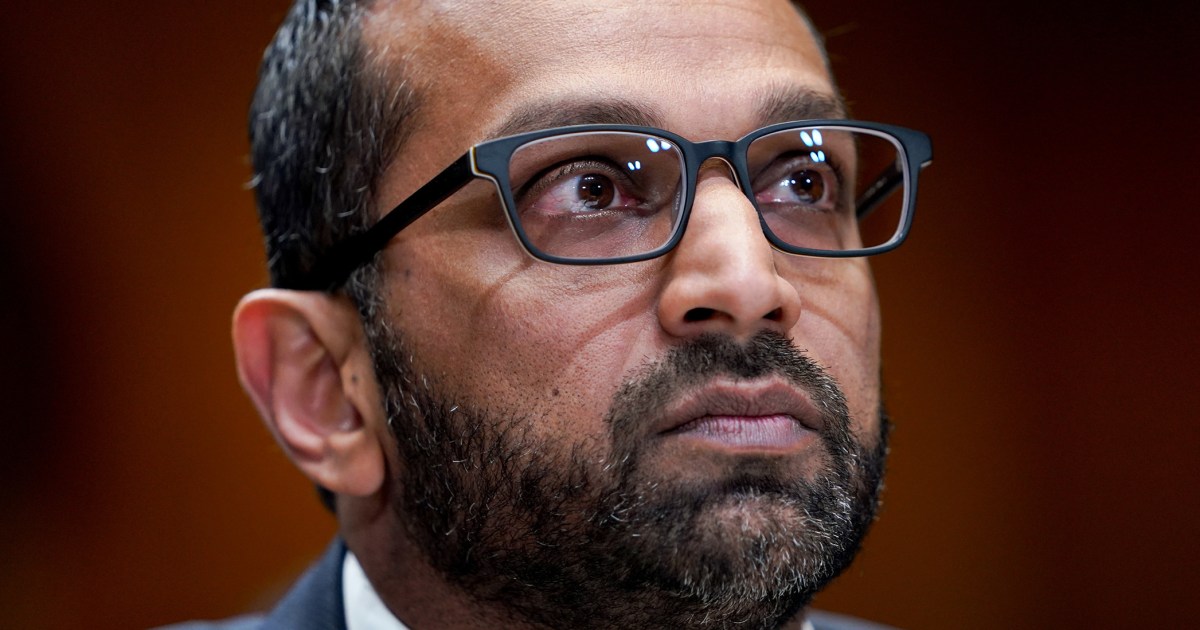Legal Pressure Mounts for Trump Administration to Return Deported Migrants
About the People Mentioned
Kilmar Abrego García
Kilmar Abrego García, born in July 1995 in the Los Nogales neighborhood of San Salvador, El Salvador, is a Salvadoran immigrant who became the subject of significant legal and humanitarian controversy in the United States. Facing violent extortion and threats from the Barrio 18 gang in El Salvador, which targeted his family’s pupusa business and threatened to recruit or kill family members, Kilmar was sent to the U.S. at age 16 seeking safety. He entered the country illegally around 2011 or 2012, eventually settling in Maryland with his U.S. citizen brother[1][2]. In Maryland, Kilmar married U.S. citizen Jennifer Vasquez Sura, with whom he had one child who has autism and a hearing impairment; the couple also cared for her two children with special needs. Kilmar lived as a devoted husband and father, working as a sheet metal apprentice, with no criminal charges or convictions related to gang activity in the U.S. or El Salvador at the time of his deportation[1][2]. Despite this, the Trump administration deported Kilmar to El Salvador in 2019, alleging MS-13 gang affiliation—claims never proven in court. His deportation was widely criticized as wrongful, leading to his detention in harsh prison conditions in El Salvador, including alleged isolation and mistreatment. Following legal challenges and court orders, Kilmar was returned to the U.S. and faced federal smuggling charges, but was released to his family pending trial[1][2][3]. In 2020, the U.S. government controversially attempted to deport him to Uganda, a country with which Kilmar had no ties, after he refused a plea deal involving deportation to Costa Rica. This move was condemned by civil rights groups such as the ACLU as punitive and unjust[3]. Kilmar Abrego García remains a notable figure due to his case highlighting issues of immigration law, wrongful deportation, and the treatment of immigrant families in the U.S. legal system.
About the Organizations Mentioned
Trump administration
The **Trump administration** refers to the executive branch of the U.S. federal government during Donald J. Trump’s presidency, initially from January 20, 2017, to January 20, 2021, and resuming with his second term starting in 2025. It was characterized by a mix of aggressive domestic policies, significant judicial appointments, and a distinct foreign policy approach that emphasized "America First" principles[4][8]. The administration’s key activities included **tax reform**, notably passing the $3.2 trillion Tax Cuts and Jobs Act, which represented the largest overhaul of the U.S. tax code in decades[5]. Trump also renegotiated trade agreements with major economies including Mexico, Canada, China, Japan, and South Korea, prioritizing bilateral deals over multilateral ones such as the Trans-Pacific Partnership (TPP), which the administration withdrew from early on[1][2]. The administration sought to protect American jobs by restricting cheap foreign labor and influencing agencies like the Tennessee Valley Authority to retain American workers[5]. On the judicial front, the Trump administration appointed over 200 federal judges, including three Supreme Court justices—Neil Gorsuch, Brett Kavanaugh, and Amy Coney Barrett—shaping the judiciary for years to come[4]. These appointments were among the most significant achievements, influencing U.S. law on multiple fronts. In foreign policy, the administration pursued a controversial agenda: it imposed travel bans on several predominantly Muslim countries, withdrew U.S. troops from northern Syria, and supported Saudi Arabia militarily despite congressional opposition related to the Yemen conflict[1][3]. It also fostered new international technology alliances, such as securing commitments from allies to exclude Chinese telecom giant Huawei from 5G infrastructure and signing AI cooperation agreements with the UK[5]. The Trump administration faced substantial political turmoil, including two impeachments by the House of Representatives—first in 2019 over Ukraine dealings, and again in 2021 following the January















